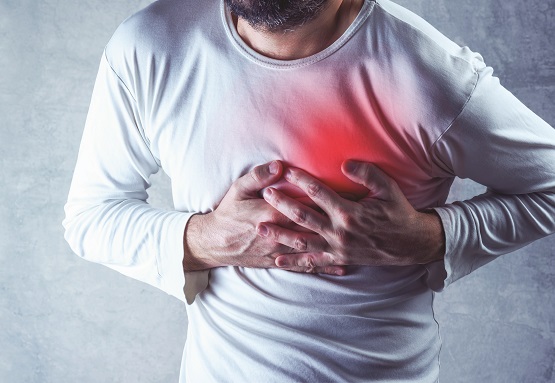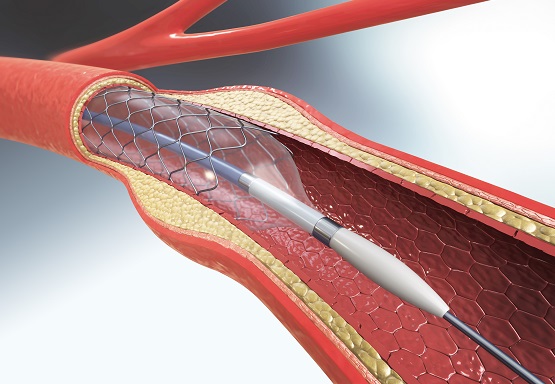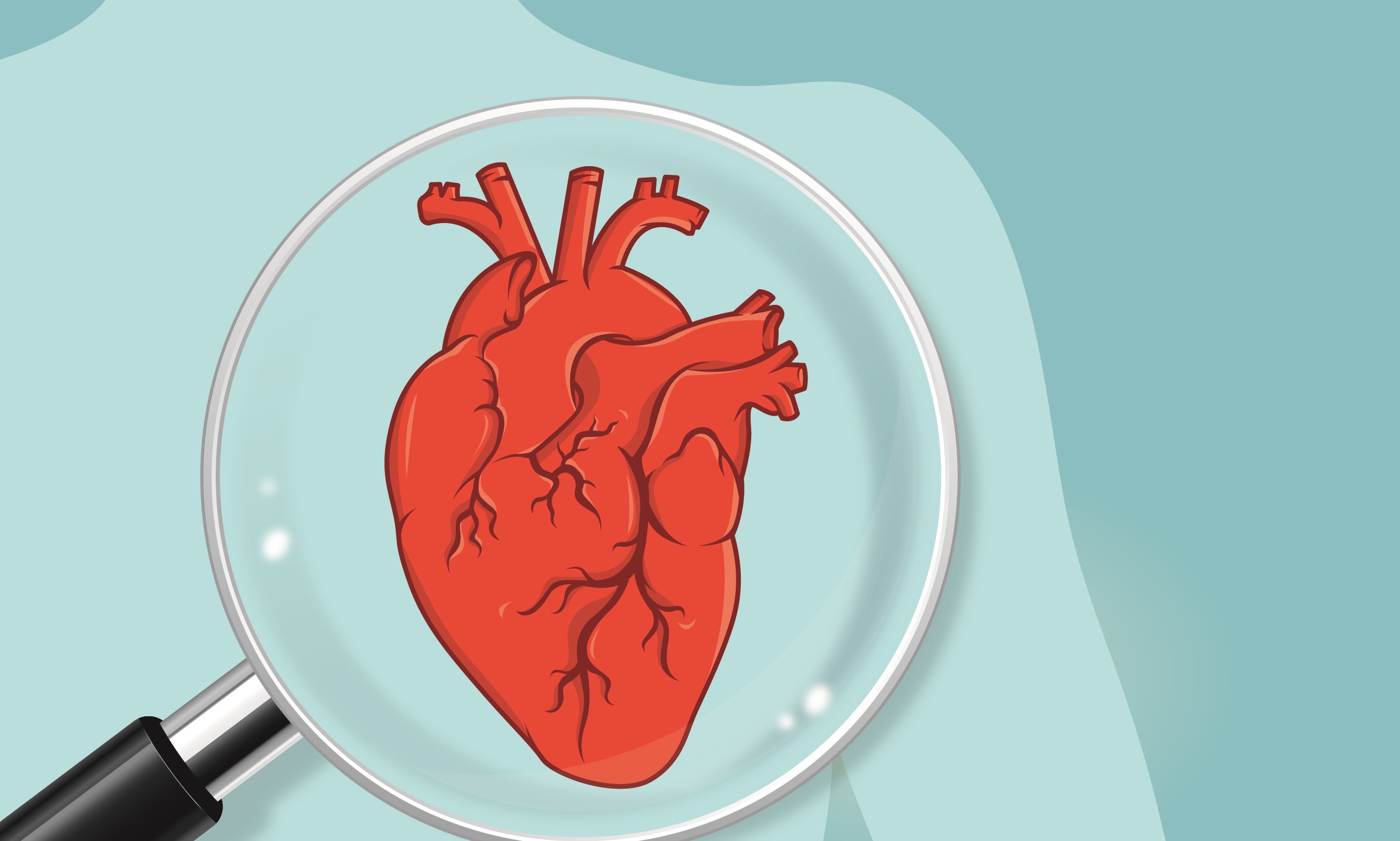Sports and Your Heart

Of all the heart-healthy habits, regular exercises are one of the most prescribed. But is there too much of a good thing when it comes to exercises, and sports? We talk to Dr Derek Yong, a cardiologist at Restore Heart Centre to share his thoughts.
A heart’s best friend
Regular exercise is one of the most prescribed recommendations to improve heart health. Studies have shown that it can strengthen the heart muscles, reduce harmful inflammation, lower body fats and cholesterol level, and reduce weight in addition to many other benefits.
In fact, it aids not just the body but also the mind, according to Dr Derek Yong, an Interventional Cardiologist and former national tennis player who represented Singapore in international tournaments.
“When a person plays tennis (or other sports), his or her oxygen consumption is measured to be between 50 and 80 per cent VO2max1 , and the heart rate goes to between 70 and 80 per cent of the maximum. This equates to improved aerobic fitness, and helps improve mental and physical functioning as well as emotional well-being”, Dr Yong said.
But local news about professional athletes having cardiac arrests during exercises cannot be dismissed as well. The question is, is there too much of a good thing in terms of exercises, and sports?
The danger of excess
The answer is probably yes. In fact, some studies have shown that high-intensity sports such as competitive marathons increase cardiac risk by seven-fold. It also increases inflammation in the body, which may trigger cardiac events and further damage the heart.
“There is some evidence that suggests exercises at the high end can cause an accumulation of calcium in the coronary arteries, thicker heart walls and scarring of the heart,” Dr Yong says. “This can potentially give rise to abnormal heart rhythms (ventricular arrhythmias), increasing the risk of adverse cardiac events.”
It is different from a heart attack, which is usually caused by blockages, not abnormal heart rhythms. This means a sudden cardiac death may not have any warning signs. One way to treat it is to use a defibrillator to deliver an electrical shock to the heart, normalising the irregular heartbeat.
It is a real risk, among seemingly healthy professional athletes, but the key here is excess. Dr Yong continues,“ the evidence raises concerns about the benefits of endurance athletics. But the overall benefits of regular moderate exercise in improving heart health and overall morbidity are still substantial”. In other words, regular exercise is believed to be beneficial as long as you do not take them to the excess.
Start Slow
Alas, excess exercise is not the only culprit that leads to counterproductive effects on heart health. Sudden cardiac death has occurred among amateur athletes, and has equally been a growing concern among medical experts.
The difference is the amateur athletes or weekend warriors have not exercised excessively, leading to constant high stress that damages the heart. But Dr Yong said medical experts found another pattern among this group of people: A sudden transition from inactivity or low intensity to high intensity in both frequency and nature of exercises.
“The increased risks of sudden cardiac death depend on how often the person exercises,” he said. “When sedentary people undergo strenuous exercises, they put their hearts in high stress, resulting in a jump in the risk. This means that the risk is lower for those who exercise habitually (and at moderation).”
Those who lead sedentary lifestyles face the highest risks, and the reason is simple. Our bodies are not designed for an all-or-nothing exercise regimen. They need adequate time to adapt to it.
Regular heart screening
The heart is a strong organ, but it needs its pampering in the form of a good diet and lifestyle balance. And attention in the form of regular heart screening.
“I strongly suggest getting a cardiac screening, especially if you have not done one and have not engaged in any form of exercise for a long time, or if you, in any way, think that your level of fitness is questionable. It will be especially important to seek cardiac evaluation if you think you experience abnormal symptoms during exercise such as chest pain, unusual lack of stamina, shortness of breath, fainting spells or sensation of irregular heart beat,” he added.
Keeping fit for cardiac patients
Keeping fit for cardiac patients is simple, needing just an extra dose of caution and focusing on exercises that are limited in intensity. For example, instead of running or competitive sports that can raise the heart rate to very high level, simple exercises like brisk walking, push-ups and sit-ups will keep you active and let you reap the benefits. If you have a pet, you can also walk your pet in the local parks.
Besides increasing your daily activities like choosing to walk rather than driving to the nearby mall, another helpful start is resistance training with light weights, as it improves your strength and helps your muscles work together better. Check your pulse every now and then. Stop exercising when you feel even slightly unwell, or overly fatigued.
“For cardiac patients who have any previous heart conditions such as blocked heart arteries or heart murmur, I would suggest they consult the treating cardiologist before embarking on any form of exercise,” Dr Yong said, with a caveat.
A passion in sports
For exercise to have a positive effect, one has to commit to a lifelong exercise regime. Research has shown that people who exercise regularly have positive health benefits such as enhanced aerobic fitness, favourable lipid profile (lower “bad” and higher “good” cholesterol levels) and lower body fat percentages (hence a leaner body). These equate to better heart health and lower your risk for heart disease.
As for Dr Yong, he started playing tennis competitively when he was 10. And has not stopped since. He also continues to be active in the tennis arena, helping top regional professional junior players build their games through regular matches and practice sessions at least five times a week. “I love to play tennis. I am also passionate about coaching my children Joshua, 8 and Danielle, 6, hoping that they will enjoy the sport that I love.”
And he aspires to go back to the competitive tennis arena again. “By playing regularly with the top players in Singapore, I hope to be able to represent the nation on a competitive level again.”
1. The amount of oxygen your body can use in a minute
Article contributed by Dr Derek Yong, an accredited doctor of Mount Alvernia Hospital.
This article is taken from our My Alvernia Magazine Issue #26. Click here to read the issue on our website or on Magzter.



